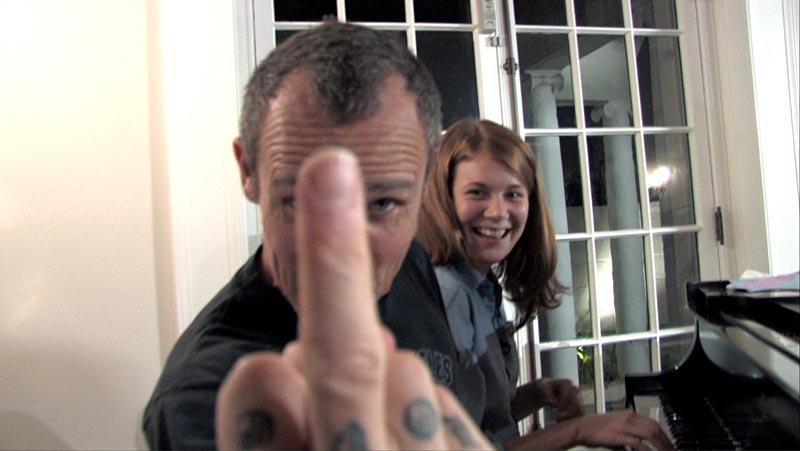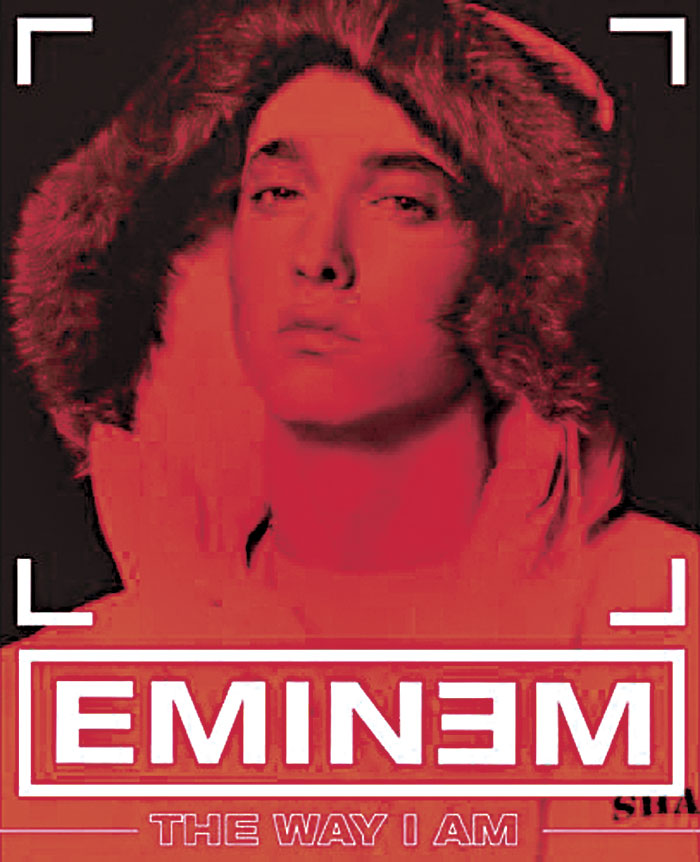Sam Lipsyte’s corrosive, obscene, unpleasantly hilarious The Ask (Farrar Straus Giroux, $25) is a novel full of morally unsound, spiritually beleaguered New Yorkers beset by a fusillade of First World problems, not the least of which being how painfully conscious they are of those problems’ First World–ness—that their existential woe and petty grievances are, to the actually-suffering vast majority of the rest of the world, both ridiculous and deeply offensive, the kind of theatrical malaise you shake off via a 40-minute shower wherein you “loose wet, scorching farts” and “waste enough water to hydrate an Eritrean village for a year.” We’ve all been there, of course. The shower, not Eritrea.
Your fart-loosing hero, Milo, a failed painter and failing husband/father, describes himself, in a dream, to Ben Franklin, as “a piece of shit. A man with many privileges and zero skills. What used to be called an American.” Half-awake in a fake empire. As we begin, he is unceremoniously canned from his soul-crushing gig in the development office of “Mediocre University,” where he begged wealthy patrons for donations, grants, new-media centers. (Each official plea being an Ask, in industry parlance.) Philosophy: “You pay a whore to feel like a man. You fund a philharmonic to make yourself feel like a refined man.”
(If you’re the sort of person who underlines amusing or thought-provoking lines in books, you’d best gird yourself, as Lipsyte is an inexhaustible fount of eloquent prurience, deftly mingling high- and low-mindedness, e.g., “If you prick me, do I not bleed, you scat-gobbling, mother-rimming prick?”)
Anyway, Milo is fired after a bratty student goads him into an expletive-laden tirade, most of the actual expletives withheld by Lipsyte, though don’t get used to the withholding. Milo is almost immediately rehired, to shepherd a delicate Ask involving Purdy, a volatile former classmate turned millionaire online-music mogul who also needs help containing the thorny issue of his illegitimate son, Don, who has just returned from Iraq sans his legs. “Usual roadside shit,” Purdy explains grimly, reclining in a town car shortly after gorging himself at a high-end Manhattan candy store. We’ve all been there. The candy store, not Iraq.
Let’s pause here to note that plot is neither Lipsyte’s strength nor particular concern. A Columbia creative-writing guru with a short-story collection and two other novels to his credit, he’s much more of a riffer: The Ask can be easily devoured in one sitting that will leave you more uncomfortable emotionally than physically. Milo’s son, Bernie, gets a few precocious lines (“Do lawyers have foreskins?”), but is mostly an abstract figure in perpetual great danger: from the indifferent babysitter who screens The Passion of the Christ in her minivan; from the barbarous nursery school (named Happy Salamander) constantly beset by “pedagogical conflicts”; from Milo’s own sense of impending doom. (Underlined: “It was hard to imagine the boy completing kindergarten, remarkably easy to picture him in a tangle of fish knives and sailor cock under some rot-soft pier.”) Milo’s floundering marriage, too, intercedes, though his wife mostly disappears after a particularly visceral marital détente involving both a treacly Hollywood weeper (Caller I Do) and a porn site (SpreadsheetSpreaders.com).
Instead, Lipsyte is at his best when Milo’s just wandering haplessly, vividly about. Saying “Then I masturbated” will not suffice; instead, he is described as shooting “what was doubtless, at my advanced age, some sullen autist into a superannuated tube sock.” Meanwhile, The Ask envisions post-empire NYC as a burbling cauldron of class-warfare casualties: the homeless-seeming loon in the Queens doughnut shop. The workaholic, family-ignoring lawyer who crows about his refusal to bother with Little League games. The dozens of young Brooklyn bohemians packed into one tiny apartment, literally living in cages. The impoverished, doomed Other Woman who hangs her college acceptance letter—no diploma, just the acceptance letter—on the wall of every dump she’s forced to call home. The guy with the alternative-rock band named Sontag. The frigid mother hiding out in New Jersey with her lesbian lover. They too have lost the plot.
Which finally coalesces around Don, disabled and disturbed war vet, whose job here is to be the guy with Real Problems. Our generation’s great divide may not be red/blue or black/white, but between those who fought in Iraq and those who simply scanned the online headlines. “I tried to keep up,” Milo says. “Must have been a real sacrifice,” Don retorts. Brutal. Don’s arc, like the book’s, is neither satisfying nor terribly flattering, but his descent into meaninglessness is by equal measure pathetic and riotously funny. We’ll all be there soon enough.






